Artist:
Kang Tae Hwan
Title:
Live at Cafe Amores
Year Of Release:
2018
Label:
NoBusiness Records[NBCD 104]
Genre:
Jazz, Free Improvisation
Quality:
FLAC (tracks + .cue,log)
Total Time: 68:33
Total Size: 307 MB(+3%)
WebSite:
Album Preview
Tracklist01. Solo I (Hwan) - 15:44
02. Solo II (Hwan) - 17:14
03. Solo III (Hwan) - 18:50
04. Solo IV (Hwan) - 10:14
05. Solo V (Hwan) - 6:31
personnel : Kang Tae Hwan - alto saxophone
South Korean reedman Kang Tae Hwan is one of the foremost exponents of solo saxophone in the Far East. While he has featured in groups, notably Ton Klami who can be heard on Prophecy Of Nue (NoBusiness, 2017), his conception is so singular that it may be best appreciated in undiluted form. Which makes Live At Cafe Amores a prime exhibit to further awareness of his extraordinary art. It's another in the Lithuanian label's ongoing series of unreleased Chap Chap label recordings licensed from Japan. His combination of multiphonics, overtones and sustained circular breathing recalls some of AACM reedman Roscoe Mitchell's solo outings, while he also sometimes suggests a more serene Evan Parker.
Kang thrills with astonishingly controlled use of overblowing to reveal the vibrating harmonics of his alto saxophone. What's all the more impressive is that it sounds completely purposeful but is achieved almost naturally without any ostentation. "Solo I" presents the perfect example of the rarefied atmosphere on offer. Kang sets out a sequence of deliberately-paced prolonged notes remarkable for their consistency and purity, spiced with split tones, in a meditative stream. He occasionally dips into a broad vibrato by way of variation, then later introduces a spiraling equivalent to a double time passage amid the continued drawn-out notes.
Pentatonic melodies create an Eastern vibe, and sometimes as in "Solo II" even evoke Scottish folk music, a feeling exacerbated by use of a skirling bagpipes-like pitch. Although Kang works with the same building blocks throughout, he succeeds in giving each of the five pieces a distinct flavor, no mean feat when working with such a self-imposed restricted palette, as many other improvisers have discovered to their cost. In "Solo III" he intersperses intermittent short dancing phrases and rhythmically-inflected oscillating frequencies, while in "Solo IV" he juxtaposes flutter-tongued wickering with the elongated tones.
At over 68-minutes it's an hypnotic if somewhat intense listen, so perhaps the most appropriate strategy is to sample one track at a time when in the mood to admire Kang's unrivalled mastery.~John Sharpe
X Lossless Decoder version 20211018 (154.0)
XLD extraction logfile from 2022-03-18 19:04:00 +0100
Kang Tae Hwan / Live At Café Amores
Used drive : HL-DT-ST DVDRW GX50N (revision RR06)
Media type : Pressed CD
Ripper mode : XLD Secure Ripper
Disable audio cache : OK for the drive with a cache less than 1375KiB
Make use of C2 pointers : NO
Read offset correction : 6
Max retry count : 100
Gap status : Analyzed, Appended (except HTOA)
TOC of the extracted CD
Track | Start | Length | Start sector | End sector
---------------------------------------------------------
1 | 00:00:00 | 15:43:74 | 0 | 70798
2 | 15:43:74 | 17:13:40 | 70799 | 148313
3 | 32:57:39 | 18:49:42 | 148314 | 233030
4 | 51:47:06 | 10:13:64 | 233031 | 279069
5 | 62:00:70 | 06:30:70 | 279070 | 308389
AccurateRip Summary
Disc not found in AccurateRip DB.
All Tracks
Album gain : -1.79 dB
Peak : 0.988525
Statistics
Read error : 0
Jitter error (maybe fixed) : 0
Retry sector count : 0
Damaged sector count : 0
Track 01
Filename : /Users/xld/Kang Tae Hwan (2018) Live At Café Amores [FLAC]/01. Solo I.flac
Pre-gap length : 00:02:00
Track gain : -3.83 dB
Peak : 0.988525
CRC32 hash (test run) : 5B74285B
CRC32 hash : 5B74285B
CRC32 hash (skip zero) : 1C55063C
AccurateRip v1 signature : 3B48DC07
AccurateRip v2 signature : 8CAD4BB1
->Track not present in AccurateRip database.
Statistics
Read error : 0
Jitter error (maybe fixed) : 0
Retry sector count : 0
Damaged sector count : 0
Track 02
Filename : /Users/xld/Kang Tae Hwan (2018) Live At Café Amores [FLAC]/02. Solo II.flac
Pre-gap length : 00:03:00
Track gain : 2.28 dB
Peak : 0.923920
CRC32 hash (test run) : 728E85EB
CRC32 hash : 728E85EB
CRC32 hash (skip zero) : 0E2C3E53
AccurateRip v1 signature : 852D2806
AccurateRip v2 signature : E811DEF2
->Track not present in AccurateRip database.
Statistics
Read error : 0
Jitter error (maybe fixed) : 0
Retry sector count : 0
Damaged sector count : 0
Track 03
Filename : /Users/xld/Kang Tae Hwan (2018) Live At Café Amores [FLAC]/03. Solo III.flac
Pre-gap length : 00:03:00
Track gain : -2.84 dB
Peak : 0.988525
CRC32 hash (test run) : 78BD427D
CRC32 hash : 78BD427D
CRC32 hash (skip zero) : 2DCE60E9
AccurateRip v1 signature : 5262FD5B
AccurateRip v2 signature : 5BA62D4A
->Track not present in AccurateRip database.
Statistics
Read error : 0
Jitter error (maybe fixed) : 0
Retry sector count : 0
Damaged sector count : 0
Track 04
Filename : /Users/xld/Kang Tae Hwan (2018) Live At Café Amores [FLAC]/04. Solo IV.flac
Pre-gap length : 00:03:00
Track gain : -0.75 dB
Peak : 0.873718
CRC32 hash (test run) : 67DB2EDD
CRC32 hash : 67DB2EDD
CRC32 hash (skip zero) : D91524BF
AccurateRip v1 signature : D4867B6F
AccurateRip v2 signature : D0F6CF74
->Track not present in AccurateRip database.
Statistics
Read error : 0
Jitter error (maybe fixed) : 0
Retry sector count : 0
Damaged sector count : 0
Track 05
Filename : /Users/xld/Kang Tae Hwan (2018) Live At Café Amores [FLAC]/05. Solo V.flac
Pre-gap length : 00:03:00
Track gain : 0.54 dB
Peak : 0.681000
CRC32 hash (test run) : A29F31F2
CRC32 hash : A29F31F2
CRC32 hash (skip zero) : DFE053F3
AccurateRip v1 signature : 1A0F162F
AccurateRip v2 signature : 9F422065
->Track not present in AccurateRip database.
Statistics
Read error : 0
Jitter error (maybe fixed) : 0
Retry sector count : 0
Damaged sector count : 0
No errors occurred
End of status report
-----BEGIN XLD SIGNATURE-----
cYnL4a09wl7yNZkovwlVogLa3daElv0aueru08Q.jiB1qvyWyfedlOO1Cr1b431qnTSYl3.PY_wUzzt.WNeLx.kKpERnNB15b1fLXwa
-----END XLD SIGNATURE-----
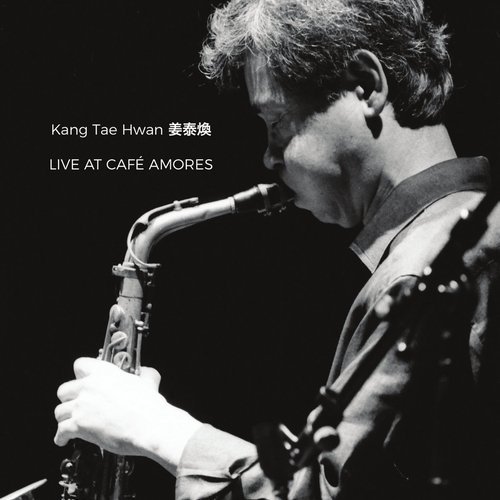

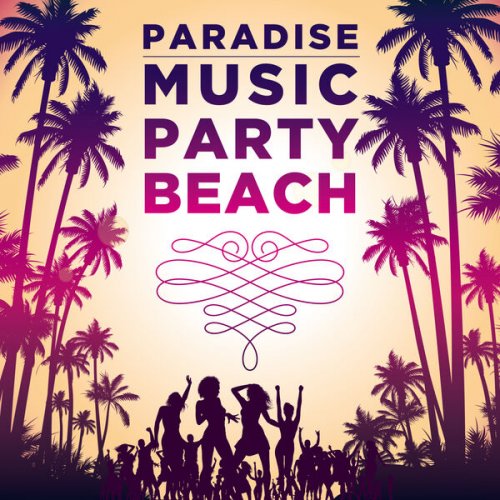
![Alexander Wienand - Strangers (2026) [Hi-Res] Alexander Wienand - Strangers (2026) [Hi-Res]](https://www.dibpic.com/uploads/posts/2026-02/1772172636_cover.jpg)
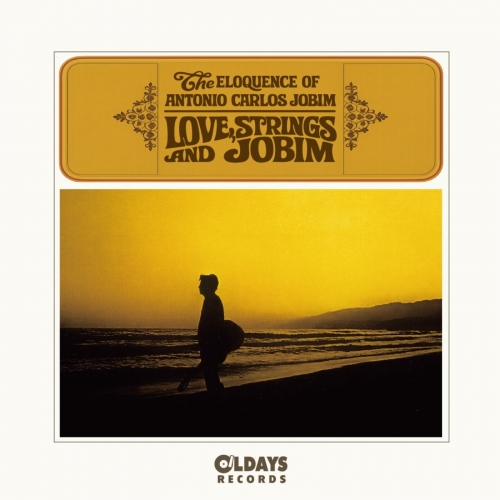
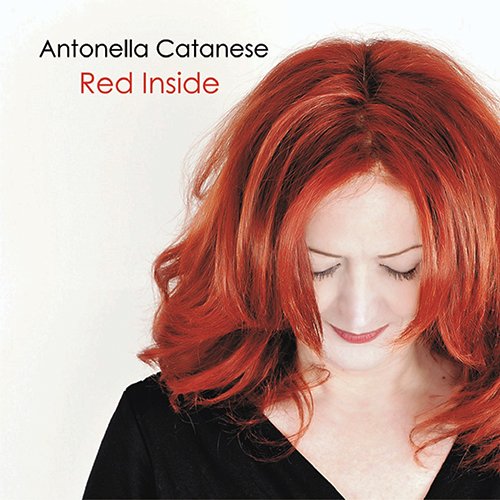
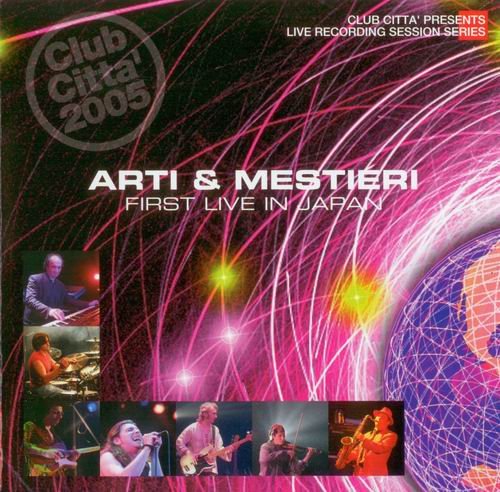
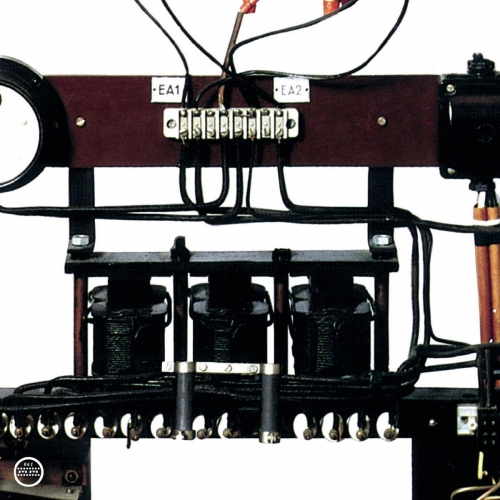
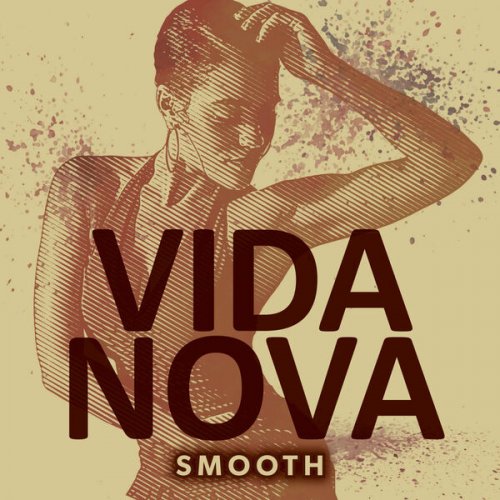
![Quinsin Nachoff - Patterns from Nature (2026) [Hi-Res] Quinsin Nachoff - Patterns from Nature (2026) [Hi-Res]](https://img.israbox.com/img/2026-02/27/85nl7kuvtne1twyima48wpdro.jpg)
![Roberta Flack - Roberta Flack (2026 Remaster) [Hi-Res] Roberta Flack - Roberta Flack (2026 Remaster) [Hi-Res]](https://www.dibpic.com/uploads/posts/2026-02/1772098000_cover.png)